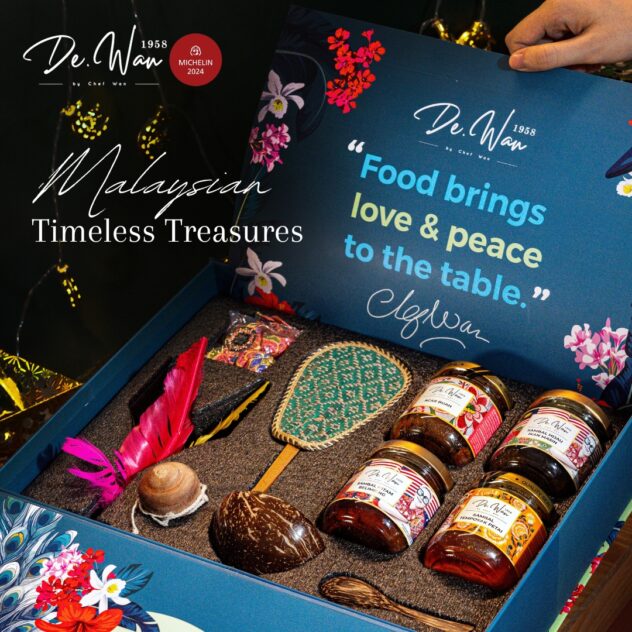By Natasha Harvey
IN a challenging, competitive (and now remote) work environment, the right soft skills can give you the edge when it comes to career advancement. From adaptability to emotional intelligence, if you want to thrive in the new world of work, it’s worth developing these essential skills.
Here are the top five that job hunters should be thinking about.
- Creative thinking
The past year has thrown up a lot of new challenges in the ‘workplace’ – wherever that might be. Companies that navigated 2020’s pandemic successfully were those that were able to find creative solutions for complex problems. Out-of-the-box thinking requires analytical skills to understand all aspects of an issue and the ability to put assumptions to one side to actively search for new ideas.
Organisations value people who think logically and creatively to develop solutions to challenges that arise, as well as new proposals for innovation and continuous improvement.
- Communications skills
No matter the role, the level or the organisation, being able to communicate well is ever more important now that many interactions are virtual.
Combining the ability to receive, decode and share information – verbally and non-verbally – communication covers a broad scope of competencies. Communication enables you to manage difficult situations, avoid conflict, defuse potentially stressful situations and find compromise. It’s also vital for driving motivation, engagement and productivity.
Leaders who are effective communicators present a highly valuable resource for organisations, inspiring others and building strong relationships.
- Adaptability
Change is constant, and even without the challenges of 2020, its pace in the workplace is accelerating. It’s so valuable to be able to quickly adjust your ways of working and behaviours to manage any unusual situation when there are no instructions on how to do it.
Adaptability also enables you to find new techniques and resources to achieve what you need to do and trust your judgement in making difficult decisions.
Those who survive in uncertain, volatile environments are able to manage ambiguity, adjust and evolve. They see failure as part of learning and adapt, taking on board what they learn from mistakes.
- Curiosity
Curiosity manifests itself in the desire to gain new knowledge and skills, and to pursue a path of continuous development. Organisations value people with this type of growth mindset as they’re motivated by success and the goal of reaching ever-higher levels of achievement.
Curiosity is dependent on open-mindedness to new people and ways of thinking. For leaders, it’s a critical skill to help better assess risk, observe new ideas, innovate and take on board different perspectives to build a stronger vision.
- Emotional intelligence
This is the ultimate soft skill. Emotionally intelligent people understand how their emotions impact their thoughts and behaviours to the point that they are able to choose their responses to the people around them.
Once you understand you’re in control of your reactions, you’re able to show greater empathy to the people around you. And as relationships play a significant role in the workplace, the ability to read and influence other people’s reactions has considerable payoffs.
Emotional intelligence is often linked to high levels of self-awareness, self-management and collaboration. Organisations with leaders demonstrating high emotional intelligence see greater engagement, stronger company culture and increased performance and productivity. – Feb 21, 2021
Natasha Harvey is a certified transformational coach and founder of Embrace Your Change. She runs coaching and mentoring programmes for young women to help build self-awareness, self-confidence, strong communications skills and resilience.
The views expressed are solely of the author and do not necessarily reflect those of Focus Malaysia.










